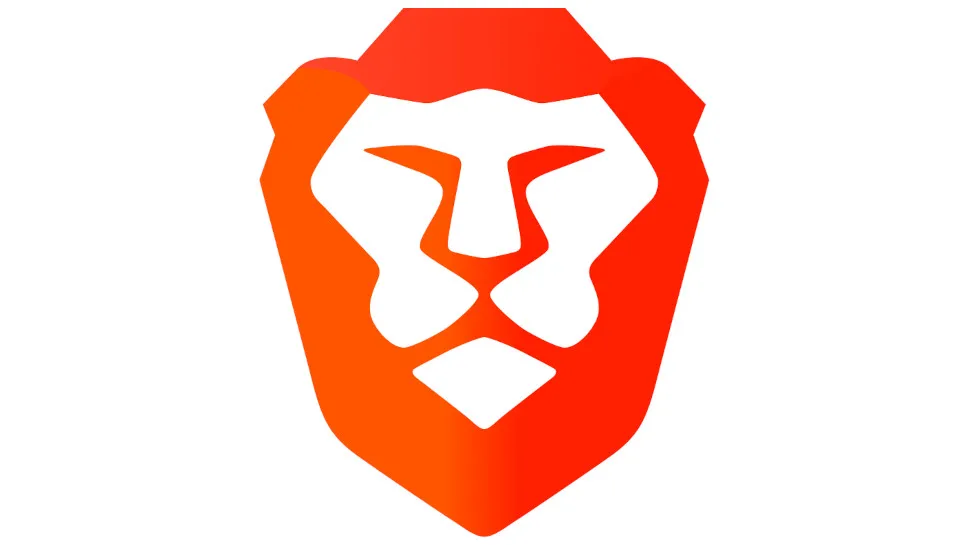Privacy-centric web browser Brave has surpassed 50 million active monthly users for the first time, the company has announced.
In a blog post, Brave says the milestone represents the fifth time the browser’s user base has doubled in as many years. The service also currently attracts more than 15 million daily active users, another high water mark.
Brave credits a range of new features and products for the continued growth, including an in-built crypto wallet and private search engine. But the company also acknowledged it has benefited from wider consumer trends.
“Users all over the world are looking for a private, safe and faster browsing experience, along with tools that give them independence from Big Tech. This long term and sustainable growth reflects that user desire,” said Brave.
A paradigm shift?
The uptake of privacy-centric browsers, VPNs, proxies, encrypted email and other privacy tools in recent years hints at a shift in attitudes that could have major ramifications for the largest technology companies in the world, whose businesses are predicated on the collection of vast amounts of data.
Since the Snowden leaks and Cambridge Analytica scandal in particular, public awareness of the importance of data privacy has risen steeply.
Generally, consumers are more wary about the information they share with Big Tech companies, and more savvy about how their information is used and monetized in the data economy.
We suspect this trend may begin to register more clearly in the web browser market soon. Currently, Google Chrome dominates the space with a 63.8% market share, followed by Apple’s Safari (19.6%) and Microsoft Edge (4%). However, privacy-centric services operated by smaller players are beginning to gather steam.
Although Brave’s 50 million-strong user base represents just 1% of the market, based on data on the total number of web users from Statista, its rate of growth will give the likes of Google pause for thought. And that’s despite the inherent inconveniences; this writer can attest that Brave frequently breaks website functionality as a result of its no-tolerance policy on cookies.
Although Google has made a show of improving its privacy practices and planning for the demise of third-party cookies, proposed alternatives like FLoC have been panned by privacy advocates, who say the solutions create as many problems as they solve.
There is also plenty of evidence Big Tech companies still cannot be trusted to protect the interests of users. This week, for example, both Google and Facebook were slapped with significant fines for cookie-related breaches of EU privacy laws. The patience of consumers is surely wearing thin.





Recommended Comments
Join the conversation
You can post now and register later. If you have an account, sign in now to post with your account.
Note: Your post will require moderator approval before it will be visible.